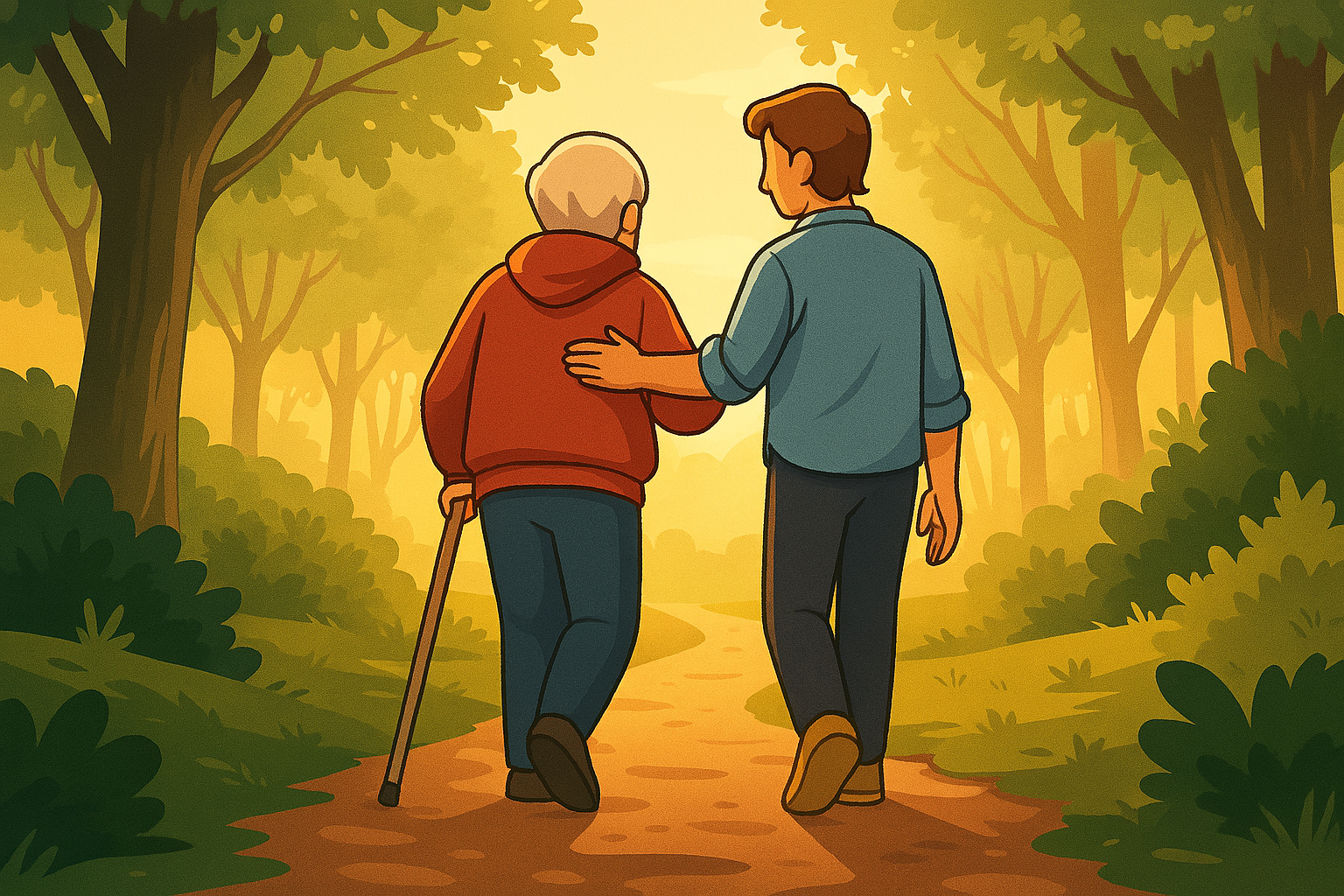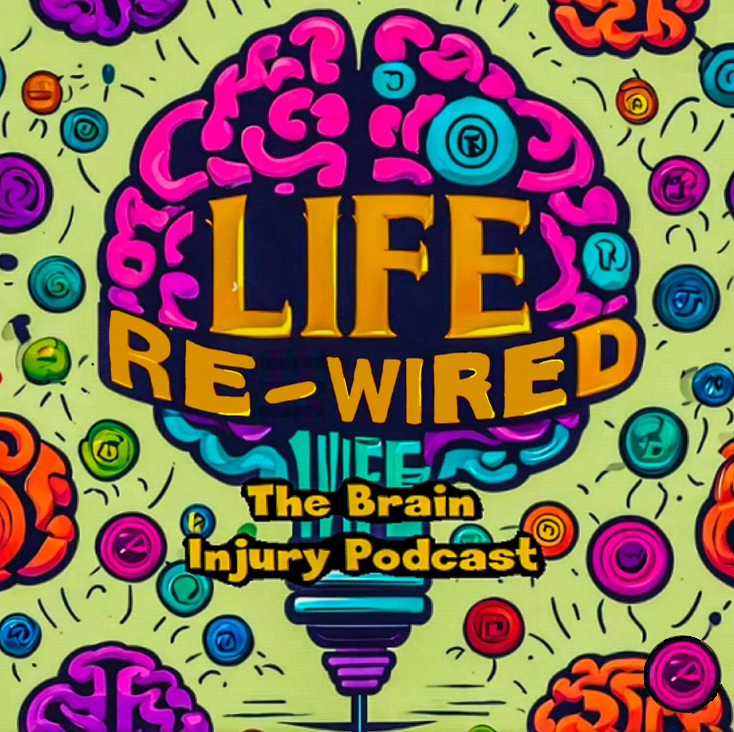
You’ve probably heard the phrase, “I’ve got more month than money.” If not—lucky you.
But today, I found myself thinking of a different spin: “I’ve got more time than energy.”
Wait—don’t I have that backwards?
For most people, yes. They race through life with energy to spare and not enough hours to use it. But for those of us living with a brain injury, time stretches long while energy runs short. Even the simplest task—a phone call, a load of laundry, a walk to the mailbox—can feel like climbing Everest with a backpack full of bricks.
And for those who haven’t walked this path, that reality is… inconceivable.
I’ve tried to explain it. I’ve used metaphors, analogies, even humor. But the truth is, unless you’ve lived it—unless you’ve felt your brain short-circuit over something as basic as choosing what to eat—you can’t fully grasp it.
I’ve watched loved ones battle cancer. I’ve held their hands, prayed with them, cried beside them. And as much as I sympathize, I know I’ll never truly understand their pain. I imagine it’s unbearable. But imagination isn’t experience. And empathy isn’t a shortcut to knowing—it’s a bridge to caring.
So yes, I’ve said a lot to get to my point. (Give me a break—I’ve got a brain injury.)
And that point is: Empathy.
What does it mean to you?
Webster’s defines it as “the action of understanding, being aware of, being sensitive to, and vicariously experiencing the feelings, thoughts, and experience of another.”
It’s a beautiful definition. But the part that hits me hardest is: “Being sensitive to.”
We live in a world that’s lost its sensitivity. We’re bombarded with bad news—on our phones, our TVs, in casual conversation. Tragedy has become background noise. And in that constant hum, our ability to truly feel for others has dulled.
I don’t think we do this on purpose. But I’ve felt it. I’ve received what I call “diluted empathy.” It’s the kind that’s polite, well-meaning, but hollow. It’s empathy that checks the box without touching the soul.
I remember a time when empathy was messy, loud, and sometimes over-the-top. People cried with you. Sat with you. Prayed with you. They didn’t just say “I’m sorry”—they showed it.
So, here’s my challenge—to you, and to myself:
On the sick.
On the recovering.
On the grieving.
On the quietly struggling.
Listen to your words. Let them soak into your own spirit before you offer them to someone else. Let your language be a ministry. Let your presence be a balm.
Because empathy isn’t just about understanding. It’s about showing up—with sensitivity, with intention, and with love.
